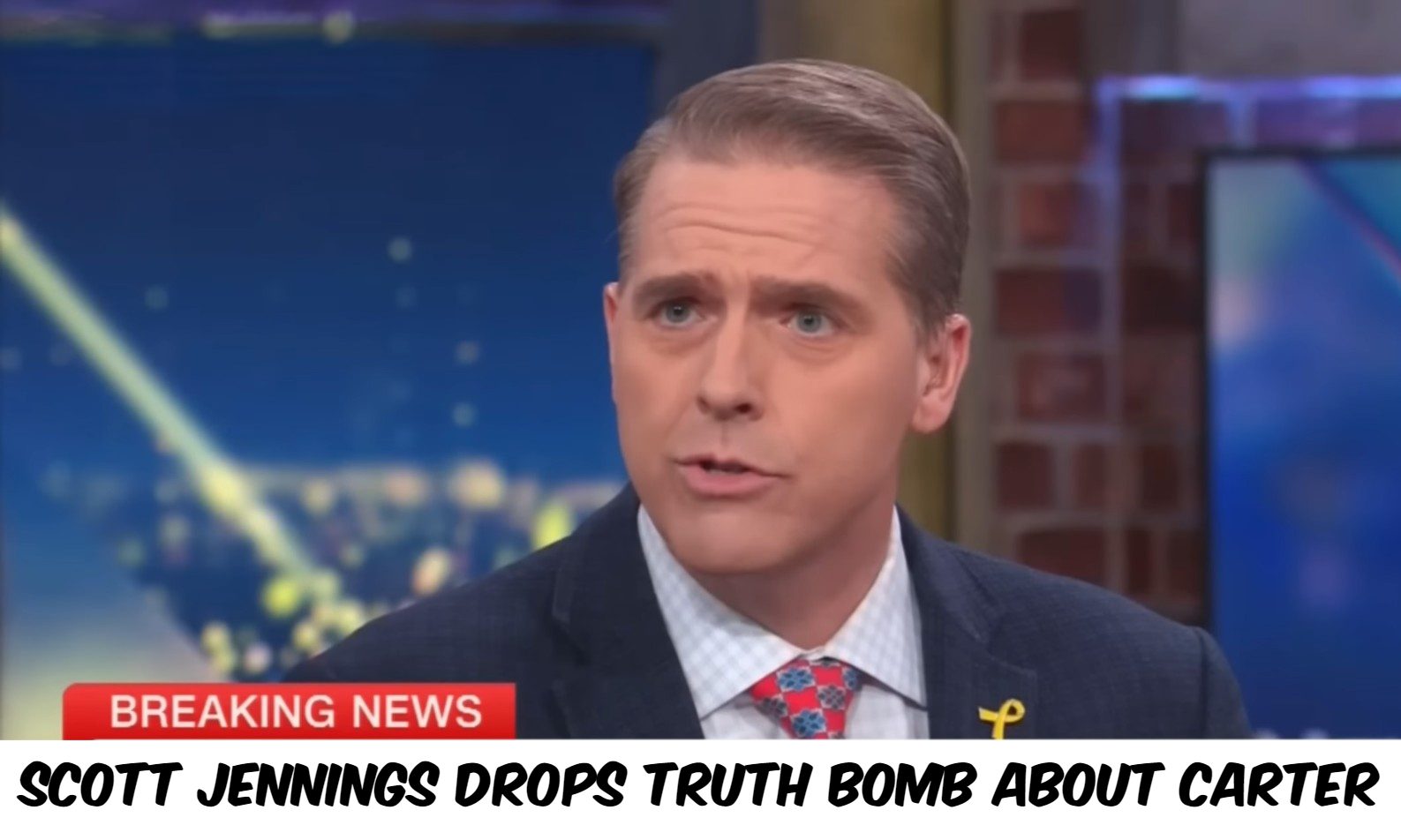Former President Jimmy Carter passed away Sunday at the age of 100, marking the end of a life filled with both significant achievements and contentious political moments. Born on October 1, 1924, in Plains, Georgia, Carter’s presidency and post-presidency have long been subjects of both admiration and critique.
Carter, who had been in hospice care since February 2023, was last seen in October celebrating his 100th birthday with a military flyover. His wife, Rosalynn Carter, passed just a month earlier, leaving behind a shared legacy that spanned decades.
While tributes poured in following his passing, the usual 24-hour grace period for mourning quickly gave way to heated discussions about Carter’s controversial legacy. Among the sharpest critiques came from Republican strategist Scott Jennings during a CNN panel on Monday, where he offered an unvarnished assessment of Carter’s political life.
“He was a terrible President. That’s why he lost in a landslide after his one term,” Jennings said bluntly. “If it’s possible, I think he was even a worse ex-president because of his meddling in U.S. foreign policy, saddling up to dictators around the world, and his vehement, anti-Israel views.”
Jennings’ criticism extended to Carter’s post-presidential actions, particularly his efforts to insert himself into foreign policy matters. He accused Carter of undercutting U.S. diplomacy during the Persian Gulf War by urging allies to abandon their coalition with the United States. “If it’s not treasonous, it’s borderline treasonous,” Jennings asserted, adding that Carter’s actions often seemed motivated more by ego than national interest.
Despite his sharp critique, Jennings acknowledged Carter’s humanitarian work but argued that his post-presidency behavior often overshadowed those efforts. “When you’re an ex-president, you have a duty to the United States and only to the United States,” Jennings said, noting how Carter’s controversial decisions often vexed Democrats, including Presidents Bill Clinton and Barack Obama. Carter’s exclusion from Obama’s 2008 Democratic National Convention was a particularly glaring example of his polarizing reputation.
Carter’s presidency, marked by economic struggles, the Iran hostage crisis, and a landslide defeat to Ronald Reagan, often casts a shadow over his humanitarian accolades. Jennings’ comments reflect a broader debate about Carter’s legacy—whether his humanitarian efforts can fully compensate for the missteps during and after his presidency.
Jennings shared the clip of his commentary on X, where it sparked widespread debate, capturing the enduring complexities of Carter’s place in American history.


Leave a Comment